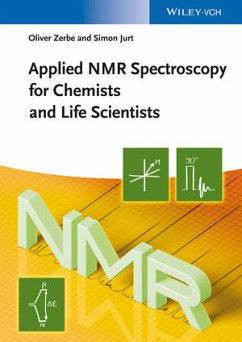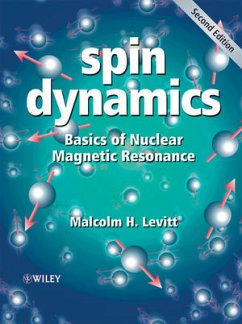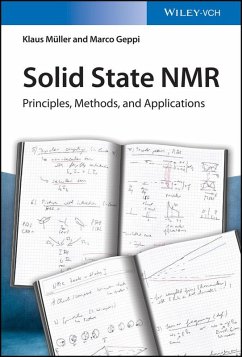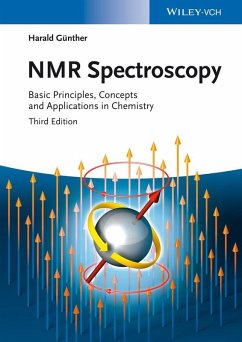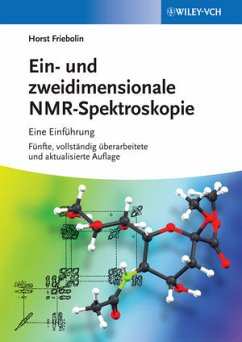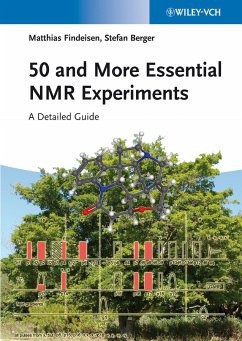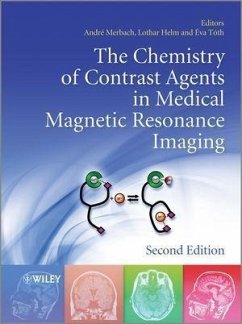
Solid State NMR (eBook, ePUB)
Principles, Methods, and Applications
Versandkostenfrei!
Sofort per Download lieferbar
Statt: 119,50 €**
97,99 €
inkl. MwSt. und vom Verlag festgesetzt.
**Preis der gedruckten Ausgabe (Broschiertes Buch)
Alle Infos zum eBook verschenkenWeitere Ausgaben:

PAYBACK Punkte
0 °P sammeln!
Handlich, übersichtlich und umfassend: Dieses Buch deckt die theoretischen und methodischen Prinzipien der Festkörper-NMR ab und demonstriert ihre Anwendungen an zahlreichen Beispielen (Biomaterialien, Polymere, anorganische Stoffe). Abgerundet wird der zum Lernen und Nachschlagen geeignete Text durch Fachworterklärungen, Zusammenfassungen an den Kapitelenden und ein ausführliches Literaturverzeichnis.
Dieser Download kann aus rechtlichen Gründen nur mit Rechnungsadresse in D ausgeliefert werden.





